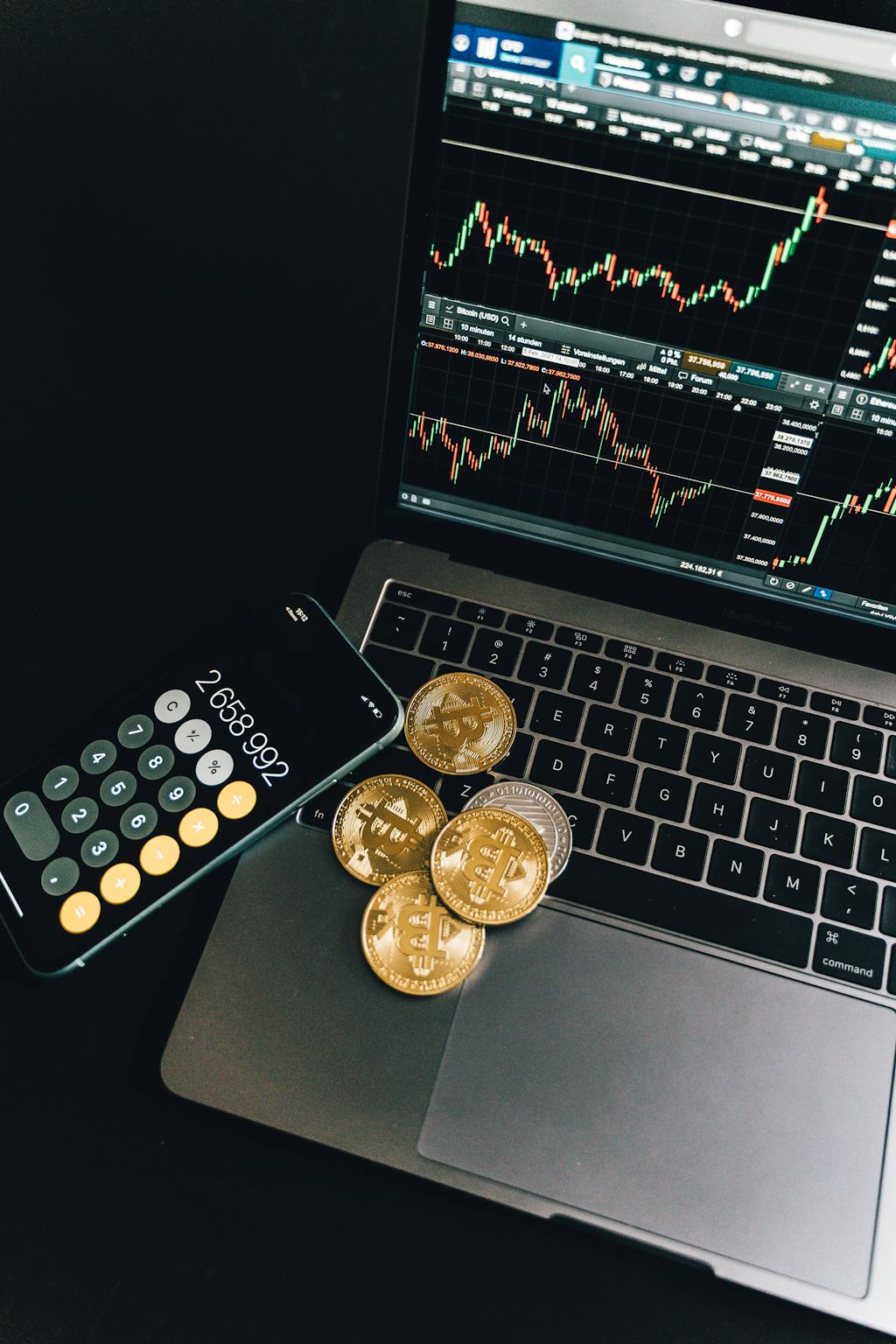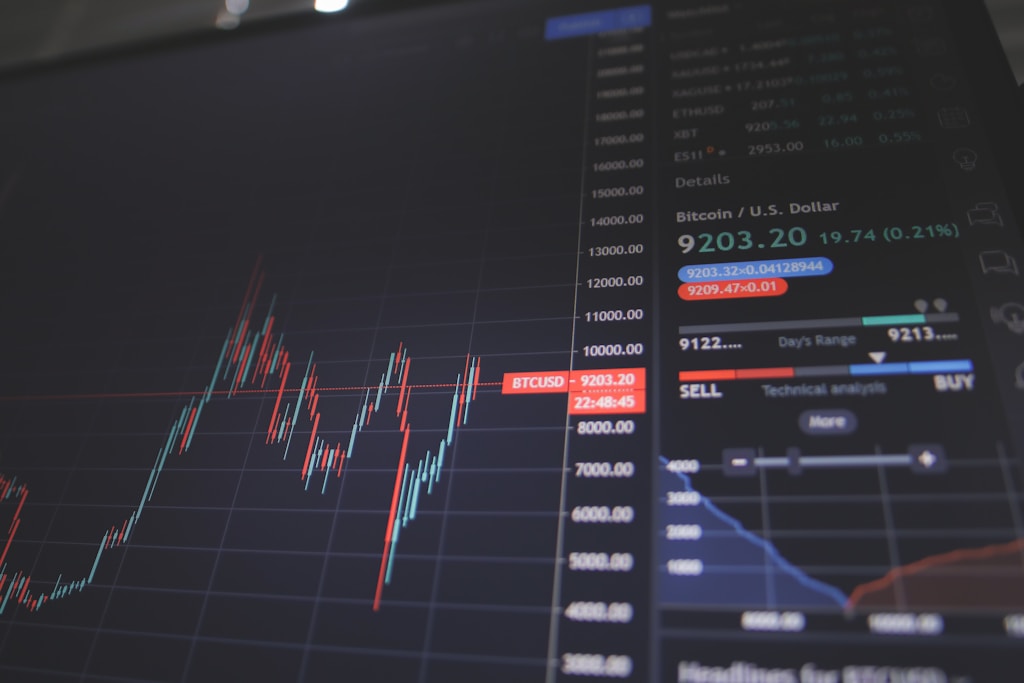CNBC’s Jim Cramer has issued a stark warning about an impending market crash that could mirror the devastating Black Monday collapse of 1987, with cryptocurrency markets potentially facing significant spillover effects. This analysis comes amid escalating concerns over Trump’s tariff policies and their impact on global markets.
Key Points:
- Jim Cramer warns of potential 1987-style market crash scenario
- Trump tariffs cited as primary catalyst for market instability
- Cryptocurrency markets show early signs of correlation
- Historical parallels drawn to Black Monday conditions
As recent analysis shows the impact of Trump tariffs on Bitcoin prices, Cramer’s warning takes on additional significance for crypto investors. The Mad Money host’s prediction comes at a particularly volatile time for both traditional and digital asset markets.
Understanding the 1987 Parallel
The 1987 market crash, known as Black Monday, saw the Dow Jones Industrial Average plunge 22.6% in a single day. Cramer argues that current market conditions, particularly the tariff-induced volatility, mirror several key indicators from that period:
- Elevated valuations across multiple sectors
- Rising interest rates environment
- International trade tensions
- Program trading concerns (modern equivalent: algorithmic trading)
Crypto Market Implications
While some experts argue that Bitcoin remains immune to tariff impacts, historical data suggests cryptocurrency markets aren’t entirely insulated from major traditional market corrections. Key considerations include:
Risk Factors:
- Institutional investor behavior during market stress
- Liquidity concerns across asset classes
- Cross-market correlation patterns
- Impact on retail investor sentiment
Expert Analysis and Market Outlook
Market analysts are divided on the severity of Cramer’s prediction, with some pointing to fundamental differences between 1987 and 2025:
“While tariff concerns are valid, modern market circuit breakers and diversified trading venues provide better protection against flash crashes,” – Market Analyst
Protective Measures for Investors
Given the potential for market volatility, experts recommend several risk management strategies:
- Portfolio diversification across multiple asset classes
- Increased cash positions for opportunity buying
- Stop-loss implementation
- Regular portfolio rebalancing
FAQ Section
Q: How does the current market compare to 1987?
While there are similarities in terms of valuations and market sentiment, today’s markets have more sophisticated protective mechanisms.
Q: What impact could a crash have on crypto markets?
Historical data suggests crypto markets may experience short-term correlation with traditional markets during extreme events.
Q: How reliable are Jim Cramer’s predictions?
Cramer’s track record is mixed, with some accurate calls and notable misses. It’s important to consider multiple perspectives when making investment decisions.
As markets digest these warnings, investors should maintain a balanced approach while staying alert to potential risks. Continue monitoring market indicators and maintain appropriate risk management strategies.



